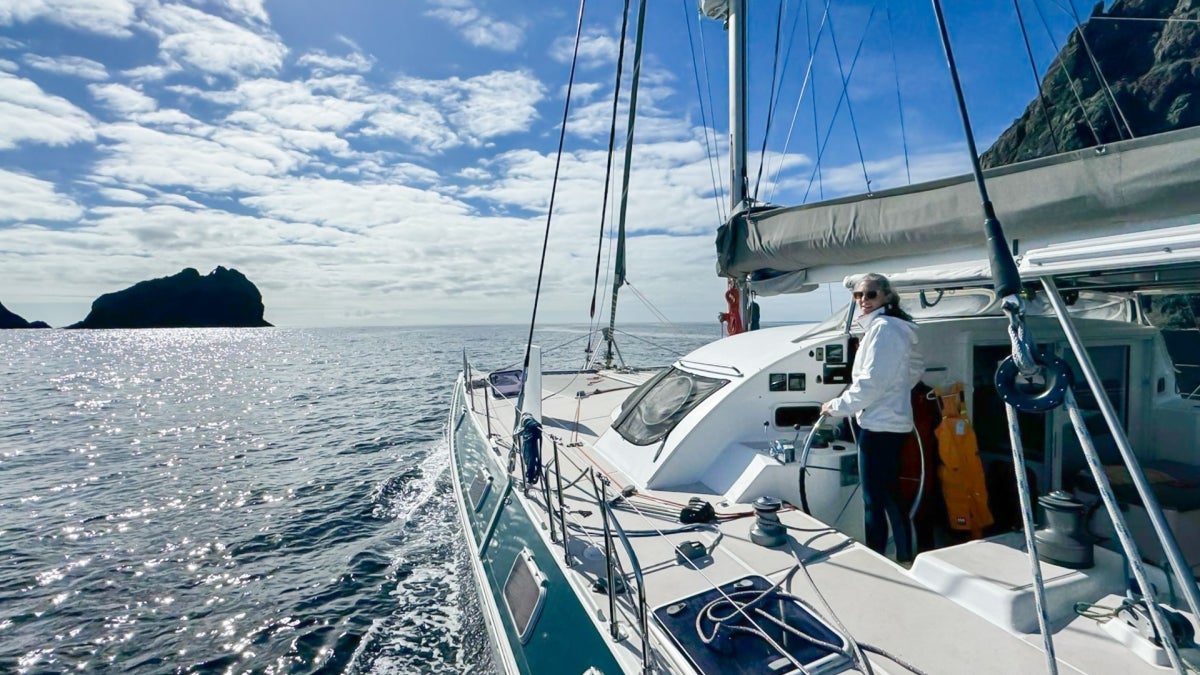For the first time in decades, Indians were able to see the Himalayan mountain range through the skies from their homes. Last week, Los Angeles had some of the cleanest air in the world. These are only two examples of how the global pandemic is affecting our environment — and how we think about climate change.
The connection between the coronavirus and climate change was the topic of conversation during the April 14 Future Tense “Social Distancing Social,” a joint online effort of Slate, New America and Arizona State University. “Thinking about Climate Change in the Wake of Coronavirus” explored the immediate environmental impacts of the pandemic and how we as a society can use this experience to think about how we approach climate change. Henry Grabar, a staff writer for Slate, moderated the conversation with Bina Venkataraman, editorial page editor for the Boston Globe, Future Tense fellow and former White House senior adviser for climate change innovation.
Grabar and Venkataraman discussed how some major changes over the last few weeks, such as the visibility of the Himalayas from northern India, are a result of government-mandated social distancing measures, since so many people have not been leaving their homes and have not been reliant on usual modes of transportation that would normally lead to high smog levels.
“I think these changes have helped us see the wonder of nature,” Venkataraman said. “When it comes to appreciating the natural world and valuing it in our lives, there’s some degree to which we have to experience that wonder in order to want to do something about it.”
Venkataraman added that this could demonstrate how changes in individual habits can lead to large-scale improvement, especially if we adopt elements of current behavioral changes after the pandemic is over.
She emphasized, however, that the environmental impacts many are seeing today not going to be permanent, since this is likely to be a pause in human activity.
“I wouldn’t say I’m suddenly hopeful that nature can self-correct,” Venkataraman said. “The scale of change we have ushered in is not something that will be corrected by a brief pause in industrial activity.”
Venkataraman, however, believes this pandemic presents a unique opportunity.
“We have an incredible opportunity at this moment because it’s a moment in which the federal government is going to have to spend to get us out of this crisis,” she said. “We have the chance to re-energize our economy and invest in green energy and infrastructure to make our communities more resilient when crises strike.”
Future Tense is a partnership of Slate, New America and Arizona State University that examines emerging technologies, public policy and society. The partnership provides insightful, timely and unexpected analysis at the intersection of technology and society through written commentary and live events in Washington, D.C., and beyond.
Top photo by Pexels
More Environment and sustainability

Craig Carlson named president, CEO of ASU Bermuda Institute of Ocean Sciences
Craig Carlson, one of the planet’s leading marine biology researchers, has been appointed as the new president and chief executive officer of the Bermuda Institute of Ocean Sciences, a unit of the…

Adventurer and space visionary embarks on a new journey at ASU
Julia Tizard Hunter is an explorer in every sense of the word.In fact, Hunter’s most recent adventure was a 10-month voyage across the Pacific Ocean with her husband and two sons, aged 8 and 10 years…

ASU event to highlight importance of urban climate research
Arizonans need look no further than their neighbor state to the west to understand why urban climate research is important.As the fallout from the LA wildfires continues to bring new challenges to…
